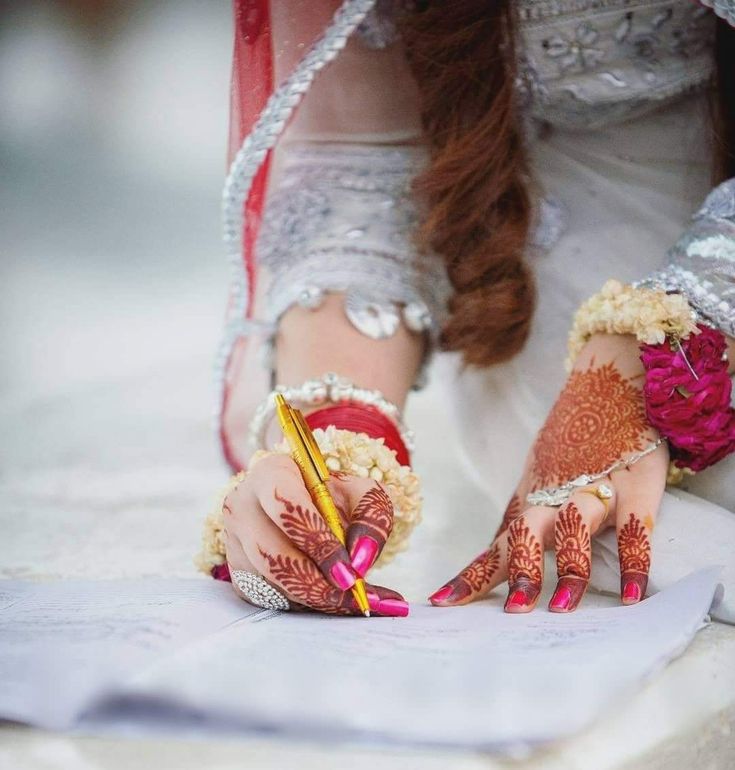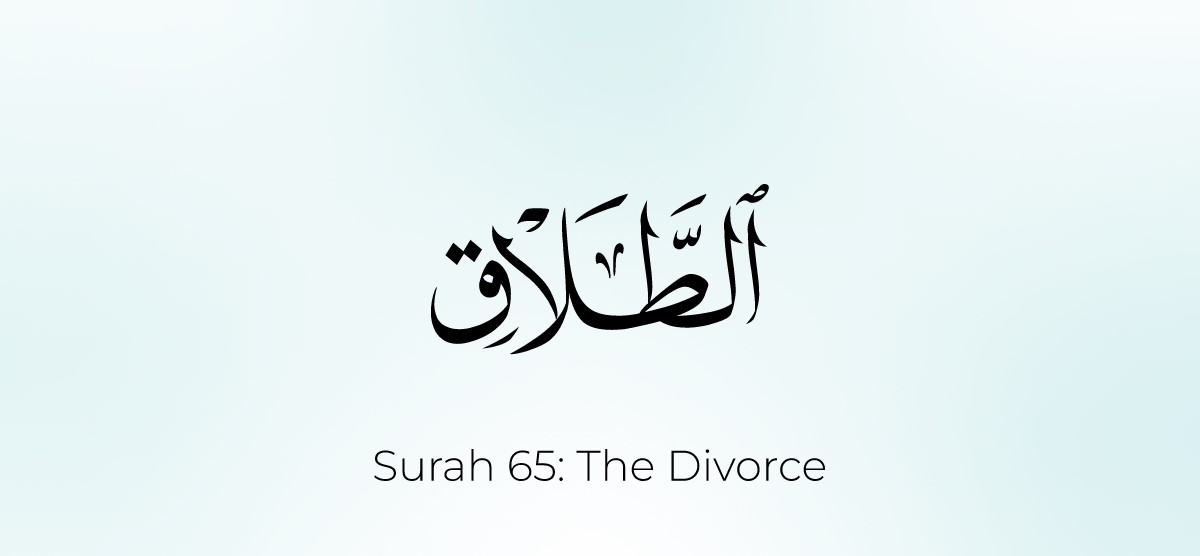· Md Irfan R. · Islamic · 6 min read
Simple Nikah: Make Halal Easy and Haram Difficult
As Muslims, it is our duty to make halal easy and haram difficult. Let us simplify Nikah and remove the barriers of unnecessary customs, financial burdens, and societal pressures.

Islam emphasizes the importance of Nikah as a sacred act and a Sunnah of our beloved Prophet Muhammad (peace be upon him). It is meant to be a straightforward process, bringing two individuals together in a bond of love, trust, and faith. Unfortunately, in our society today, we have complicated this simple and beautiful act with unnecessary customs, financial burdens, and societal pressures. This irony is deeply troubling, as it directly contradicts the teachings of Islam.
The Importance of Nikah in Islam
Nikah is not just a contract but an act of worship. The Qur’an beautifully describes the relationship between spouses:
And among His signs is that He created for you spouses from among yourselves so that you may find tranquility in them; and He placed between you affection and mercy. Indeed, in that are signs for a people who reflect.
(Surah Ar-Rum, 30:21)
Our beloved Prophet Muhammad (peace be upon him) also emphasized the importance of Nikah, saying:
Marriage is my Sunnah, and whoever does not follow my Sunnah has nothing to do with me.
(Sunan Ibn Majah, Hadith 1846)
This highlights that Nikah is not just a societal norm but a fundamental act of following the Sunnah.
The Burden of Cultural Practices
In many cultures, Nikah is no longer a straightforward affair. It is entangled with rasm and riwaz (customs and traditions) that have no basis in Islam. Practices like extravagant baraat (wedding processions), dahej (dowry), and grand receptions have turned marriages into opportunities to show off wealth and status rather than to fulfill a Sunnah. These burdens often discourage families from marrying their children at an early and appropriate time.
Baraat: A Non-Islamic Tradition
The practice of baraat, where the groom’s family arrives at the bride’s home with great pomp and show, has no basis in Islam. This tradition, borrowed from Hindu culture, places immense emotional and financial pressure on the bride’s family. Families often feel obligated to host lavish events, arrange costly decorations, and provide extravagant meals for the baraat to uphold societal expectations.
Islam advocates for simplicity and mutual respect in marriages, yet this cultural rasm contradicts Islamic principles. The Prophet (peace be upon him) said:
The most blessed Nikah is the one with the least expenses.
(Mishkat al-Masabih 3097)
Instead of following such non-Islamic traditions, we should focus on acts that bring barakah (blessings) into the marriage.
Dowry vs. Mahr
Another deeply troubling practice is the demand for dahej (dowry) by the groom’s family. This expectation, often disguised as a societal norm, is not just un-Islamic but outright haram. In Islam, there is no concept of the bride’s family giving wealth to the groom. Instead, Islam has instituted mahr, a mandatory gift given by the groom to the bride as a sign of respect and commitment.
The Qur’an states:
And give the women (upon marriage) their due compensation (mahr) graciously.
(Surah An-Nisa, 4:4)
Despite this clear guidance, many in our society demand dowry, which burdens the bride’s family financially and emotionally. Islam outright rejects this pagan practice and instead emphasizes ease and fairness in marriage.
The Financial Strain
The financial strain associated with marriage today is one of the greatest obstacles to Nikah. Families, especially those from the middle class, often go into debt to fund extravagant wedding events. The obsession with hosting a big fat wedding for one night’s show-off takes precedence over more practical and meaningful expenditures.
Rather than wasting money on lavish decorations and grand feasts, families can use these resources to help the newlyweds build their future. Supporting the couple with essentials like housing, education, or business opportunities can give them a head start in their married life. This not only strengthens the bond between the families but also ensures long-term stability for the couple.
Let us prioritize lasting goodness over temporary displays of wealth.
The Pressure of Society
We live in a society where halal is made difficult, and as a result, haram thrives. When marriage is delayed due to unnecessary complications, many teenagers and young adults fall into the traps of zina (fornication), making boyfriends and girlfriends, and engaging in extramarital affairs. These actions are explicitly condemned in Islam, as Allah says:
Do not go near adultery. It is truly a shameful deed and an evil way
(Surah Al-Isra, 17:32)
By creating barriers to halal relationships, we are inadvertently opening the doors to haram. Simplifying Nikah and making it accessible ensures that our youth remain chaste and protected from the destructive consequences of immorality.
The Role of Parents
Parents play a crucial role in facilitating Nikah. In earlier generations, marriages were often facilitated by the elders of the family. They understood the importance of early Nikah and made the process as smooth as possible. However, many parents today delay their children’s marriages, insisting that boys achieve financial stability or accumulate wealth before marrying. This mentality not only delays Nikah for boys but also affects girls, creating a cycle of haram.
Parents must realize that marriage is a necessity, just like food and water. It fulfills the physical, emotional, and spiritual needs of an individual in a halal way. Placing children in environments like co-educational institutions or workplaces without providing the protection of marriage exposes them to fitna.
The Prophet (peace be upon him) advised:
O young people! Whoever among you can marry, should marry, because it helps him lower his gaze and guard his modesty (i.e. his private parts from committing illegal sexual intercourse etc.), and whoever is not able to marry, should fast, as fasting diminishes his sexual power
(Sahih Bukhari, Hadith 5066)
Parents should have tawakkul (trust in Allah) and understand that marriage brings barakah. By making Nikah easy, they are fulfilling a duty that not only benefits their children but also earns them the pleasure of Allah.
The Solution: Returning to Simplicity
The solution lies in embracing the teachings of Islam and returning to simplicity:
Reject Non-Islamic Practices: Abandon traditions like baraat and dowry that have no place in Islam.
Reduce Financial Burdens: Stop placing undue financial demands on either party. A reasonable mahr and simple gatherings are sufficient for a blessed marriage.
Reject Societal Pressure: Families should support their children in following Islamic principles and ignore the unnecessary opinions of others.
Support the Couple: Use resources wisely to support the newlyweds rather than waste them on extravagant weddings.
Parental Support: Parents must remember the favors their elders did for them and extend the same to their children. Marriage is a shared responsibility, and easing the process brings immense barakah (blessings).
Encourage Early Marriage: Facilitate early Nikah to protect youth from the temptations of haram.
Educate the Community: Raise awareness about the importance of making Nikah easy and halal accessible while avoiding harmful cultural practices.
Final Thoughts
Nikah is a sacred act that should be made easy, as intended by Islam. By removing cultural burdens, financial pressures, and societal barriers, we can create an environment where halal thrives, and haram diminishes.
May Allah guide us all to follow His path and make our marriages a source of tranquility and blessings. Ameen.



